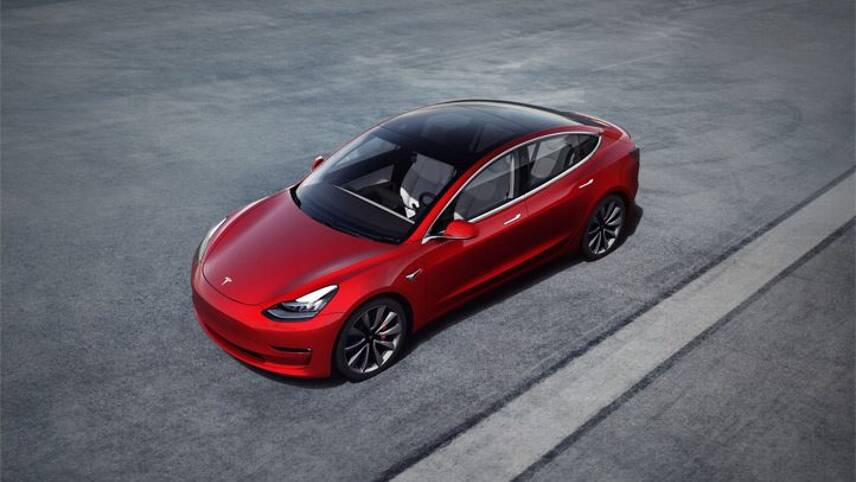Register for free and continue reading
Join our growing army of changemakers and get unlimited access to our premium content

Cobalt is classed as a conflict material and a shortage is predicted within the near future
The new aim does not yet have a deadline or an accompanying time-bound roadmap. However, Tesla said the first cobalt-free batteries will be added to models produced in China and sold on the Chinese domestic market.
Almost two-thirds of the world’s cobalt is currently sourced from the Congo and, as such, is classed as a conflict material. Bloomberg has forecast that the global demand for cobalt could increase more than 47-fold by 2030, driven by the EV revolution.
Tesla revealed its new ambition in its 2019 impact report, published late last week. The report states that while Tesla has implemented sustainable supply chain practices and has battery recycling capability at its Nevada Gigafactory, there is still room for improvement. Moreover, Tesla is planning to grow significantly in the coming years, with plans for Gigafactories in Germany and, potentially, the UK; and will see an increasing volume of vehicle batteries being returned for recycling as time goes on.
Tesla is notably a member of the Responsible Mining Initiative (RMI), which provides businesses with a framework for identifying “red flags” on human rights and environmental issues in supply chains, and the tools to rectify any breaches. Since joining the Initiative, Tesla has stopped using third-party smelters, in a move which has shortened the supply chain and improved the ease of auditing.
As for the end-of-life stage, the report confirms that Tesla recycled 1,000 tonnes of nickel, 320 tonnes of copper and 10 tonnes of cobalt in 2019. The majority of these materials passed through the Nevada Gigafactory while a minority were processed by third-party firms.
Anticipating an uptick in the volume of production and battery materials returned in the coming years, Tesla says it is developing a “unique battery recycling system” capable of dealing with manufacturing scrap and end-of-life batteries alike. This system will “maximise” the recovery of “high-value” or “critical” materials, while also capturing lower-value elements.
Recent research from the University of Birmingham concluded that the development and industrialisation of EV battery recycling technologies is currently being outpaced by EV uptake, paving the way for a “huge waste management problem” in decades to come. As such, efforts from businesses like Tesla will be crucial to ensure that the electrification of transport – one of the world’s most-emitting sectors – does not bare unintended consequences.
Broader report
Tesla’s new impact report is only the second it has ever produced.
The firm’s inaugural impact and sustainability report was the topic of much discussion in the sustainability, energy and automotive space, due to Tesla’s decisions on what to include and what to omit. Emissions figures were provided on a vehicle-by-vehicle and distance travelled basis, but absolute company emissions were not disclosed.
While the latest report does include more in-depth data, breaking down the lifecycle emissions and distance travelled emissions by factors such as model, whether renewable energy is used in recharging, and how often the vehicle is used, Tesla’s absolute emissions still remain undisclosed.
Tesla claims that the average lifecycle emissions of a mid-size, premium petrol or diesel vehicle purchased in the US are 460 grams of CO2e per mile. In comparison, it claims that the lifecycle emissions of a grid-charged Model 3 are 190 grams of CO2e per mile, dropping to 125 grams of CO2e per mile for a Model 3 used for ridesharing and 95 grams of CO2e per mile for a Model 3 charged using 100% solar energy.
The report additionally reveals that Tesla is on-track to deliver its planned expansion of its supercharger network. As of the end of 2019, there were almost twice as many charging points in operation globally as there were at the end of 2017, the report states.
Sarah George


Please login or Register to leave a comment.